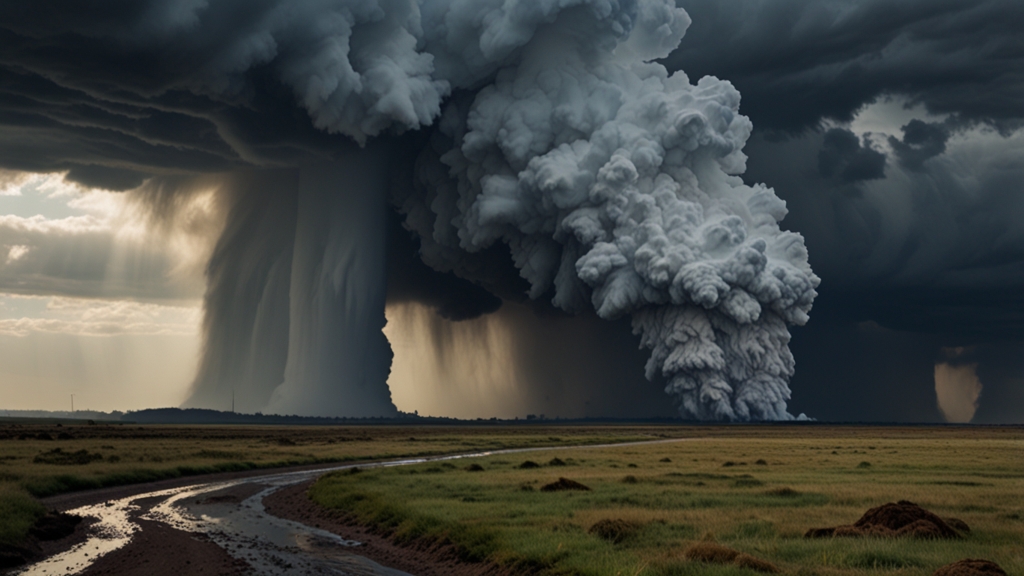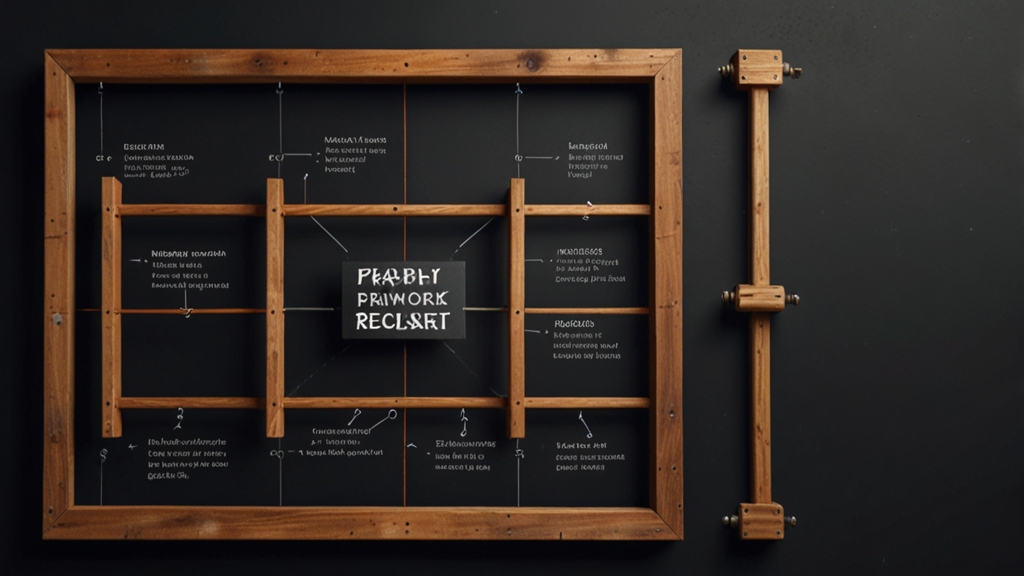Moses and the Quest for the Promised Land
The story of Moses and the quest for the Promised Land is one of the most compelling narratives in religious history. Chronicled primarily in the Book of Exodus, it recounts the epic journey of the Israelites from slavery in Egypt to freedom in a land flowing with milk and honey, a journey fraught with challenges but guided by unwavering faith and divine intervention.
The Early Life of Moses
Moses was born during a period of intense oppression of the Israelites in Egypt. According to biblical accounts, Pharaoh ordered the killing of all newborn Hebrew boys to curb their population. Moses' mother, in an act of desperate hope, placed him in a basket and set him adrift on the Nile River. He was found by Pharaoh's daughter, who took him in and raised him as her own.
Moses’ unique upbringing gave him a rare perspective: he understood the life of royalty while maintaining a connection to his Hebrew roots.
Divine Call and Exodus from Egypt
As an adult, Moses fled Egypt after killing an Egyptian who was beating a Hebrew slave. He found refuge in Midian, where he encountered God in the form of a burning bush. This divine encounter marked the beginning of his mission to free his people. Empowered by God, Moses returned to Egypt and demanded that Pharaoh let the Israelites go.
Pharaoh's stubborn refusal led to the famous ten plagues, each a devastating blow designed to break his will. The plagues culminated in the death of the firstborn of Egypt, a tragedy that finally prompted Pharaoh to release the Israelites. The Exodus from Egypt began with Moses at the helm, leading the liberated Hebrews toward a new future.
Wandering in the Wilderness
The journey to the Promised Land was neither swift nor straightforward. For forty years, the Israelites wandered in the wilderness, facing numerous trials and tribulations. Their hardships were both physical and spiritual, ranging from a lack of food and water to moments of doubt and rebellion against Moses' leadership.
The wilderness period was a time of testing and transformation. Miracles such as the parting of the Red Sea and the provision of manna from heaven reinforced the Israelites' faith in God's promises.
On Mount Sinai, Moses received the Ten Commandments, a foundational ethical code that would shape the identity and morality of the Israelite community.
The Promised Land
The Promised Land represents not just a geographical territory but a symbol of hope, a divine promise of rest and prosperity. However, due to various acts of disobedience, Moses himself was not destined to enter this sacred land. He was permitted to view it from Mount Nebo but died before he could cross the Jordan River.
His successor, Joshua, ultimately led the Israelites into the Promised Land, but Moses' influence remained indelible. His legacy as a prophet, leader, and lawgiver continued to resonate through the generations.
Legacy of Moses
Moses' life and achievements have profound implications beyond their historical and religious contexts. His story is one of resilience, faith, and leadership against overwhelming odds. It serves as a reminder that the journey toward freedom and fulfillment often involves struggle, perseverance, and a steadfast belief in a higher purpose.
The narrative of Moses and the quest for the Promised Land remains an enduring testament to the power of faith and the relentless pursuit of justice and liberation.







